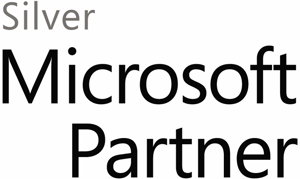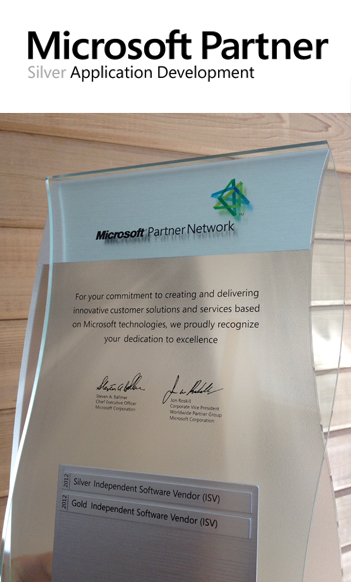Troubleshoot EPJ Files
Typical EPJ Opening Challenges
Thomson EDIUS Removed
If you attempt to load your EPJ file, you experience a message such as "Can't Open EPJ Files". Customarily, this means that Thomson EDIUS is not installed on %%os%%. This will prevent you from double-clicking to open the EPJ file because the OS doesn’t know how to handle it.
Tip: If you know of another program that can open your EPJ file, you can try opening it by selecting the application from the programs listed.
Outdated Thomson EDIUS
Your EDIUS Pro Project File file is incompatible with Thomson EDIUS because you might have the wrong version installed. If you've got the wrong version of Thomson EDIUS installed, you'll need to install the correct version. Your EDIUS Pro Project File file was probably created by a newer release of Thomson EDIUS than what's currently installed your computer.
Tip: Sometimes you can get a clue about the version of EPJ file you have by right clicking on the file, then clicking on "Properties" (Windows) or "Get Info" (Mac OSX).
Conclusion: The majority of EPJ file opening issues are due to not having the correct Thomson EDIUS version installed.
Additional EPJ Opening Issues
Although you might already have Thomson EDIUS or another EPJ-associated software installed on your computer, you can still encounter problems opening EDIUS Pro Project File files. If you are still having problems opening EPJ files, there may be other issues that are preventing you from opening these files. Problems unrelated to software:
- EPJ file references in the Windows Registry are broken
- Deletion of the EPJ file description from the Registry by mistake
- Partial installation of Thomson EDIUS that did not fully complete
- Your EPJ can't be loaded properly (file corruption)
- Malware-tainted EPJ file can't be opened
- Hardware related to EPJs has device driver corruption
- Windows has inadequate resources to open your EDIUS Pro Project File file
Quiz: Which file extension is an archive file?

That's Correct!
A SIT file was created by Smith Micro Systems for use with the Macintosh operating system. Now, it is considered "cross-platform", working on multiple operating systems including Windows, Macintosh, Android, iOS, and others.
Close, but not quite...
A SIT file was created by Smith Micro Systems for use with the Macintosh operating system. Now, it is considered "cross-platform", working on multiple operating systems including Windows, Macintosh, Android, iOS, and others.























